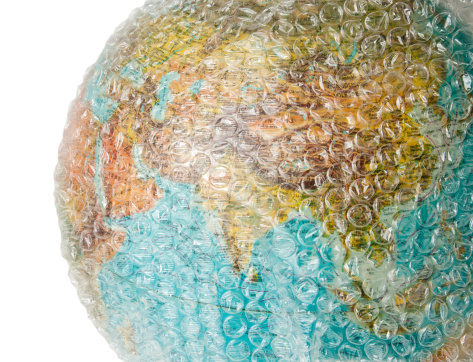Denton, TX—A survey from Tetra Pak Inc., undertaken with the Global Footprint Network, showed that while consumers may not be completely aware of resource scarcity when making their purchasing choices, as education spreads, so does demand for sustainable packaging.
The study included 1,000 U.S. consumers who made decisions about groceries in their households. Out of this group, only 41% reported that they were very aware of resource constraints. This is an interesting parallel to the 86% that reported that if they knew that use of renewable packaging contributed to reduced carbon emissions and helped slow climate change, it would impact their packaging choices. This figure includes 90% of women surveyed, compared to 77% of men. Regional demographics also showed certain patterns, with the Northeast leading in amount of consumers willing to take certain actions in their shopping routines to conserve resources.
Seeking out renewable packaging was also one of the top three steps those surveyed said that they would be willing to take to conserve resources, but ranking even above that were “buying locally grown food whenever possible” which 75% of consumers said they were willing to do, and “only buying the food my household is going to consume, and consuming all the food that I buy,” which 72% said they were willing to do.
On the business end, awareness of the potential impact of resource scarcity was far more prevalent, with over 90% of businesses surveyed classifying themselves as either “Very Aware” or “Somewhat Aware” of the effects that resource scarcity could have on their businesses. On a more promising note, though, 55% of companies surveyed say they are currently assessing the long-term availability of materials, while 56% report that they are already using renewable materials.
Published in WholeFoods Magazine, October 2015










